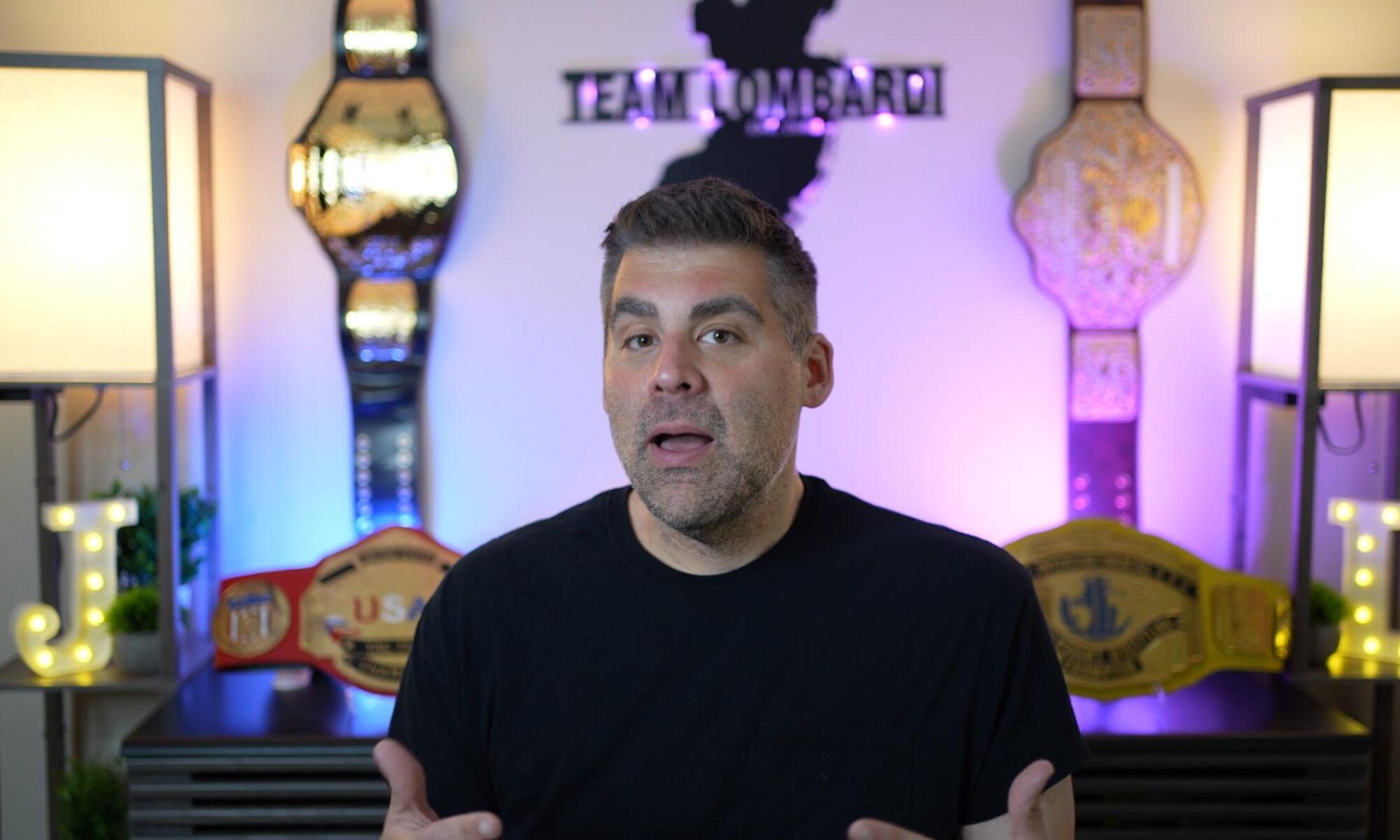
Post apocalyptic fiction is very trendy these days. The success of zombie fiction and movies, and all of those “after humanity” TV shows with the skyscrapers falling apart have really amped up people’s appetite for the end of days.
Author Peter Heller threw his hat into the “last of humanity” ring and crafted a very compelling story. In “The Dog Stars” humanity is hit with a very nasty plague/fever that wiped out civilization. There are a few survivors left, some infected with a variation of the virus that doesn’t kill them but leaves them very weak, defenseless, and permanently quarantined.
Heller’s story centers around Hig, a nice guy pretty much going through the motions and waiting for his own end. Hig has a neighbor/semi-friend named Bangley. Bangley is a hardass gun nut who protects their little compound from other survivors attempting to loot or take their land (which has access to clean water). Hig constantly questions Bangley’s loyalty and surmises he is only kept around because he can fly planes (and keep them operational). Hig also has a pet dog that he cares very deeply for and wonders if Bangley will kill if he gets out of line.
Even though there are dangers from looters, Hig is becoming bored with his relatively safe life. He continues to take risks by leaving the compound and flying further away from the base on scouting missions. He eventually comes up with a plan to fly to a far away airport where he once received a weak signal, but he won’t have enough gas to return (if he can’t refuel at the other airport). Most of the book is spent with Hig convincing himself to leave and the issues and people he encounters when he does.
Heller thankfully avoids the typical tropes of post apocalyptic fiction (“humanity got what it deserves”, “we learned nothing from our mistakes” bla bla bla). The story is very stripped down: “are you prepared to do the things you need to do to survive (no judgement)?” Hig struggles with having to shoot other survivors (even as they try to kill him) and he also has to argue with Bangley when he helps a colony of the surviving infected (who are helpless and unable to get supplies).
The simplicity of the book is accented by Hig’s fragmented thoughts. Heller hints that Hig was not untouched by the virus and has trouble thinking (his thoughts in writing are in little bursts), although it could be from being alone and the trauma of losing his loved ones. There is some drag in the middle of the story, but it picks up again. Ultimately, the book boils down to this question: when you survive an extinction level event, is there anything worth living for? Heller does a pretty good job exploring that idea and coming up with an answer.












